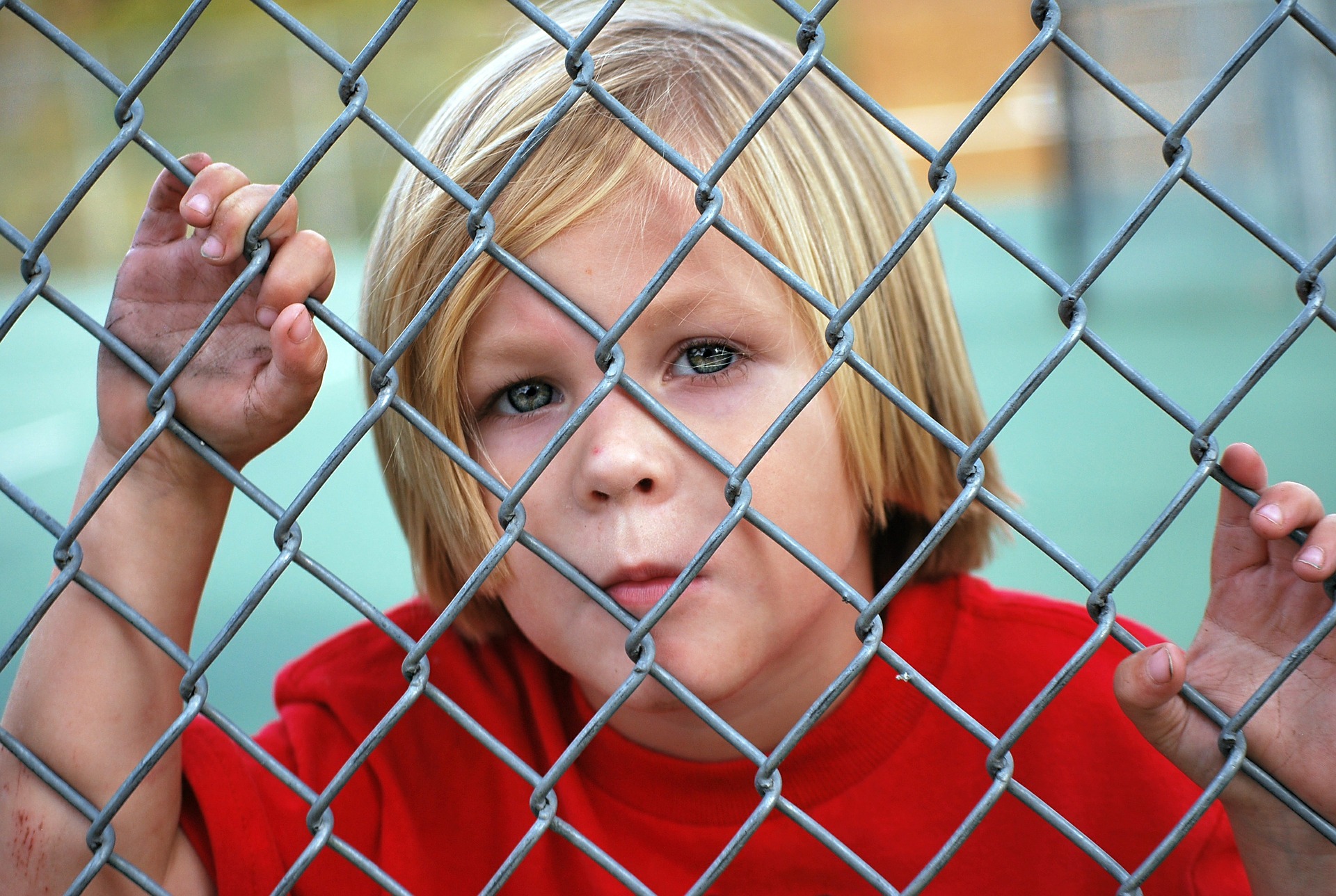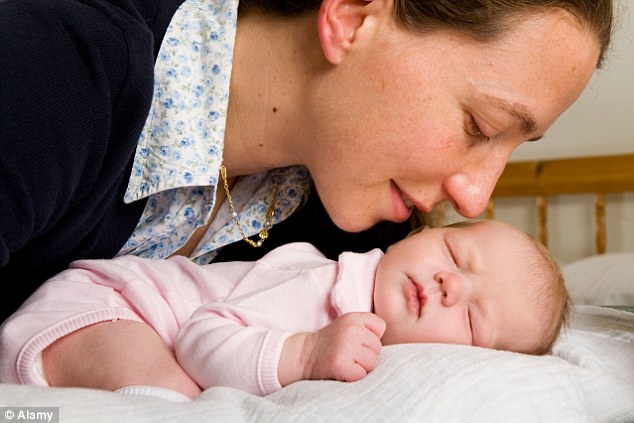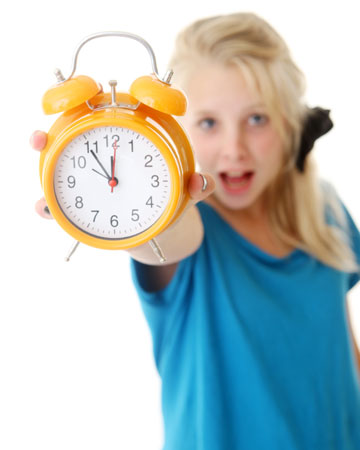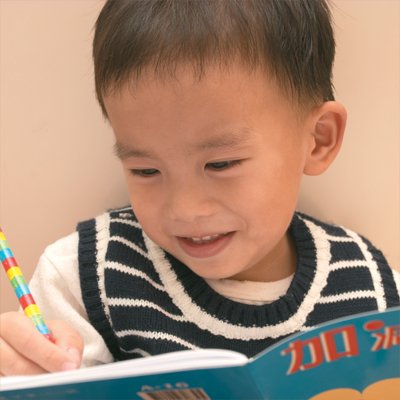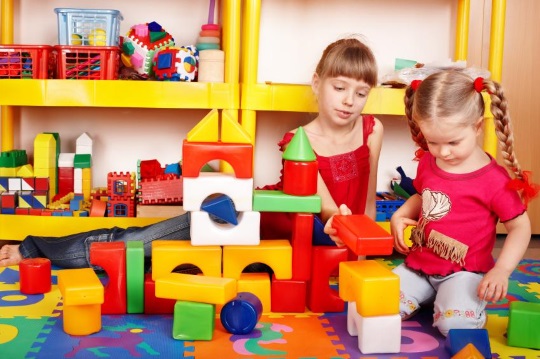Do ‘time-outs’ make children behave better?
Today’s parents are under increasing pressure to cope with their children’s needs for constant loving connection and the demands that life places on the parents at the same time. Flare-ups between parents and children often happen at high-stress times. Parents may be feeling worn out and exhausted from a hard day at work. Children may be stressed from a day at playschool away from the parents they need so much and be badly in need of love and attention. If they don’t get it, they may start acting up, just at the time when the parents are least able to cope with it.
Parents often reach the end of their tether when children misbehave, and don’t know what to do. They rightfully don’t want to harm their children by hitting, slapping or shouting at them, so in desperation, they may order a ‘time out’. The child is banished to a stool in the corner or sent to her room for a certain number of minutes, and told not to come back till she has managed to ‘calm down’ and ‘behave’ better. DO TIME-OUTS WORK? ‘Misabehaving’ children, are usually children who are unhappy, stressed or not getting their needs for love and focused attention met”, says developmental psychologist, Aletha Solter. “Children are not very eloquent about expressing their feelings verbally, so they tend to show their upset feelings through their behaviour”. They may be angry, whine and cry, pick fights with siblings, etc. Time-outs are an attempt to change the ‘behaviour’ of the child, but don’t allow either parent or child to find out what caused the behaviour. So behaviour is changed in only very superficial ways, and the underlying problems are not addressed or resolved. Time outs involve the withdrawal of love and contact with us at a time when children most need our assistance. When we cut off all communication with them they feel abandoned and rejected and have no way of re-establishing contact to express what upset or frustrated them, or get help. This means they are unable to resolve the problem that caused the behaviour for which they are being punished. The rationale for ‘time outs’ is that they help the child to ‘calm down’, and give him time to ‘think’ about his behaviour. But sadly they do neither. Children are afraid of us withdrawing our love and support, so the child may manage to act in a more docile way as an attempt to regain his parent’s love. But he is actually left in a state of inner turmoil, because he has been rejected and made to stuff his feelings down, rather than being allowed to express them and work them through by being listened to. Most of all he loses the loving connection with the beloved parent. It is also hard for children to ‘think’ about anything at such a time. When we are upset we are not able to think rationally until someone gives us loving attention, shows that they care that we are upset and helps us work through the underlying feelings. When that is resolved, we can think more clearly and that’s what we need to help children be able to do. TIME-OUTS, WHY NOT? “Proponents of time-out claim that time-out is not a form of punishment”, says developmental psychologist, Aletha Solter. “They use terms such as ‘consequence’, ‘renewal time’ or ‘down time’ to make the approach sound benign. The term ‘time out’ has pleasant connotations of a sports team taking a well-deserved break. Regrettably, the non-threatening terminology has deluded parents into thinking the approach is harmless. But from a child’s point of view, time out is definitely experienced as punishment”. “Nothing is more frightening to a child than the withdrawal of love. Along with the fear comes insecurity, anxiety, confusion, anger, resentment, and low self-esteem. According to many educators and psychologists, time-out is not as innocent as it seems and is, moreover, an emotionally harmful way to discipline children, along with physical punishment, criticising, blaming and shaming.” “Time out is now considered by some parenting experts to be more harmful than smacking or shouting”, says clinical psychologist Abraham le Roux. “If a parent smacks or shouts (and certainly neither are recommended) at least there is some kind of contact between parent and child. With time-outs all contact is withdrawn. Children learn that when they are upset or when there are problems people withdraw from them, leaving the child feeling rejected and abandoned. Cutting off communication with each other also means that the problems never get resolved.” WHAT IS NEEDED? It helps to remember that children who are ‘acting up’, are children who are, frustrated, upset, hurting or needing more love and attention. What they most need at that time is for us to be ‘there for them’ totally, providing a safe space for them to be able to express their feelings and resolve whatever is upsetting them. Just as we need someone to be there and support us when we are at the end of our tether, so do children. So instead of saying, “Stop that crying or I’ll give you something to cry about”, we can rather say, “I see you are upset about something”. Hearing that they are understood is the best way of calming children down and resolving problem behaviour by making them feel safe, loved and secure. Be firm but loving and listen to what your children are trying to tell you through their behaviour. That makes them feel better, and when children feel better they behave better. LEARNING PROBLEM-SOLVING SKILLS Before you can calm your child, you need to calm yourself. “Take a deep breath and hit the pause button”, says psychologist Laura Markham in herbook Peaceful Parent, Happy Kids. Once you have calmed down enough, you will be ready to be there for your child. At that point, re-establish contact, and try to find out what it was that caused the problem. Very small children often can’t describe their feelings, but we can help them by making inspired guesses. l “When you screamed, it sounded like you were very upset about something.” It helps your child to know that you understand how he felt when he sent out a very strong emotional distress signal. l “I saw you crying and slapping Marc when he grabbed your car away from you. It must have upset you when he did that”, let’s your child know you understand why he did what he did. Of course slapping is not allowed, but it helps children know we understand what drove them to do what they did and there is always a reason. l “It sounds like you are feeling tired and frustrated. Would you like a hug?” Sometimes hugging and holding children calms them down better than any words can. Once you have the child’s attention, and have managed to calm him down enough to be coherent, let him express his hurts, frustration or anger if he wishes. Even if he is unable to tell you what the problem is with words, the fact that he can express his feelings and have them accepted is enough, says parenting expert, Pam Leo. When we are allowed to express our intense feelings and have them accepted, we are able to resolve them and let them go. Also it helps to understand that when children are angry it is because they are hurting. (See article on “Toddlers and Tantrums”.) If we let them express the anger, the hurt that is underneath will come up, and we can make it safe for them to have a good cry in our arms. It’s the tears that heal. As Pam says, after we have let the child get all their upset feelings out we experience what she calls “the rainbow after the rain.” Children become happy, cooperative, loving and delightful to be around. HOW TO COPE IN A CRISIS If your child is having a melt-down, and you know you are about to have one two, it’s time to take a deep breath, allow yourself to get into touch with your feelings and calm yourself down. l Try to stand back for a moment and think how you would like to be treated if you were in the child’s shoes and were feeling the way he feels. l Children respond best when we are calm but firm, and don’t raise our voices too often. We need to pause for long enough after making a request, to give it time to sink in and for the child to respond. l Physical touch often calms a child much more effectively than words ever can. With a little one, you can pick him up and hold him, and with an older child, put your hand on his shoulder or offer a hug. l Children whose parents use firm guidance rather than punishment, will learn to be kinder and more understanding towards others, because they will copy their parent’s way of handling them. They will probably get on a lot better at school and in other social situations as a result. Remember that children are social little people who want to please us and have us love them. When they act out it is because they can’t cope with the pressures that are on them, or because their basic needs for love and touch are not being met, so they ‘blow up’, or ‘melt down’, just like we do when we are overstressed. When we let them express their intense feelings, including crying and raging, and reassure them that we love them anyway, they are no longer overwhelmed by their inner conflicts and able to become more calm and cooperative. WHAT HAPPENS IF ‘WE’ NEED TO TAKE TIME-OUT? If the parent is alone and without support, they can sometimes feel overwhelmed and need some ‘time-out’ too. If you are too tired and stressed to cope yourself, it helps to have a plan of action to assist you, so that you can become calm and cope better. l Remember that when you feel like blowing up, you may not be able to act rationally in the situation. It is okay to know you have the right to ask for some ‘time-out’ for yourself. l Reassure your child that your withdrawal is not because he is bad, but because you need some time on your own to calm down so that you can come back and sort out the problem together. l If you have support at home, tell the other person that you need some time to cool down, and ask him or her to take over for a little while so you can get enough quiet time alone to unwind and recharge your batteries. Parents who are able to take care of their own needs, are better able to take care of their children’s needs. l Remember there is no such thing as being a ‘perfect child’ or a ‘perfect parent’. Children just need ‘good enough’ parents who can let them express the full range of their feelings, and be listened to with love, compassion and understanding. When they get that, they blossom and thrive! What we need to teach children is that when there are problems, people get together and work them out, says psychologist Alfie Kohn. This teaches them problem-solving skills that will serve them well as they grow up. Retrieved From: http://goo.gl/h7qKCc
|
|





